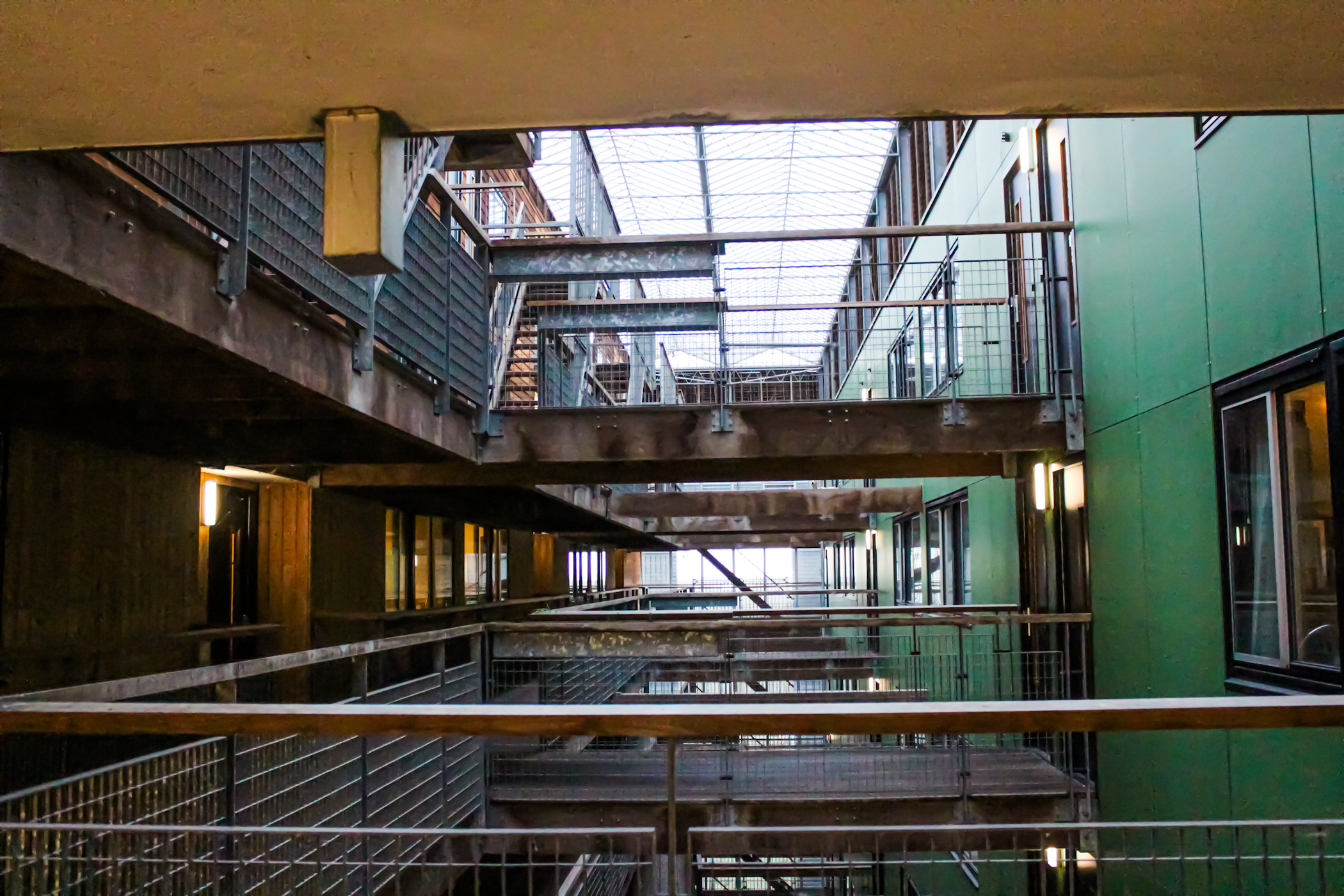International students are struggling in times of corona. Nuffic reports that many feel lonely, anxious or depressed. An occasional physical class makes a big difference.
Student homes in Delft. (Photo: Dalia Madi)
Despite the global coronavirus crisis, international students still opted to study in the Netherlands this year. But how are they doing now, at the end of their first semester and after many online lessons?
On their laptop
To answer this question, Nuffic conducted a survey in December and January among 357 international students who had studied at a Dutch university or university of applied sciences during the past semester. Only about 20 percent of these international students took classes online from abroad: the others were more optimistic and moved to the Netherlands.
Yet they too spent most of their time on their laptops. At least three quarters of the classes were delivered online for the vast majority of students (77 percent).
The crisis is not doing their social lives any favours. More than two thirds of the respondents were unhappy or very unhappy with their social life. Less than a quarter of the respondents have regular contact (online or in person) with friends who they have made since starting their studies in the Netherlands.
Mental health problems
Nuffic fears that the crisis will leave its mark. The majority of the respondents, for instance, felt anxious (62 percent), lonely (56 percent) or bored (51 percent) ‘often’ or ‘always’ during the past semester. About 42 percent even reported that they felt depressed.
However distressing these outcomes are, they do not come as a surprise: previous studies showed that the mental health and wellbeing of Dutch students is also suffering as a result of the crisis. But these students usually have a social safety network, according to Nuffic. And that is proving to be important: international students in the Netherlands are more prone to mental health problems than respondents who took classes online from their home country.
More positive
There is a glimmer of hope: occasionally joining a working group or attending a lecture at the university of applied sciences or university seems to help. Students who were allowed to come to campus more often last semester had fewer mental health problems than the group that took at least three quarters of their classes online. They were also more positive about their social lives.
Nevertheless, it appears that international students will also need to be patient for a while longer. During his press conference last night, Prime Minister Rutte announced that secondary schools and secondary vocational education will partly reopen as of 1 March. Higher education will have to wait longer for its turn, as already feared by students organisations.
Outside Europe
Although students from 59 countries completed the Nuffic survey, the sample is not entirely representative. The lion’s share of the respondents (about 86 percent) came from outside the European Economic Area, specifically from China, India, Vietnam and Indonesia. International students in the Netherlands mainly come from Germany, Italy and China.
Evelien Flink, HOP | Translation: Taalcentrum-VU
Read also: Corona generation: I do not know a single teacher or student’
Do you need help?
-
You can reach the TU Delft student psychologists at #. There is an 8 to 10 week waiting list, but there is also a daily walk-in hour.
-
TU Delft’s psychologists have published some tips and tools for studying during the corona crisis. For example, there’s a web page on recognising psychological problems.
-
Motiv organises support groups and individual consultation. They also have a student support line: 015 2006060.
-
You can also call Victims Support Netherlands: 0900-0101.
-
Is there a suicide risk? Mostly, 113 Suicide prevention can offer help in English.
-
Are you worried about someone else? Please contact ‘Meldpunt Bezorgd’. You can call their number 0900 040 040 5. Or visit their website (in Dutch) for more information. This service is meant for people living in Delft. Does the person you are worried about not live in Delft? Please contact the general practitioner, 112 or 113 depending on the situation. In case of a crisis please always contact 112.
Do you have a question or comment about this article?
redactie@hogeronderwijspersbureau.nl


Comments are closed.